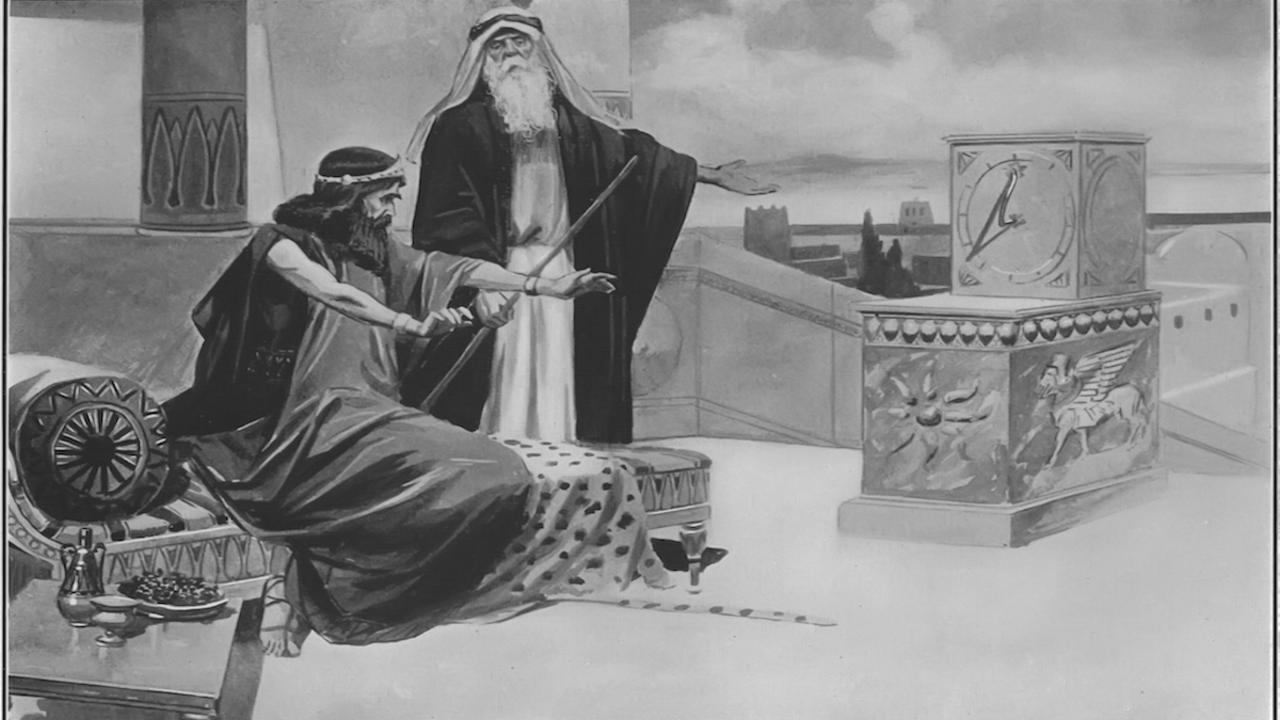Good Fruit / Bad Fruit (Part 1)

Good Fruit / Bad Fruit (Part 1)
When Jesus says, “the tree is known by its fruit,” in Matthew 12:33 (ESV), what is the nature of the fruit he’s referencing and how do we apply it today? The answer to that question is the topic of this blog, although our limited space allows for only a few brief suggestions, while leaving much unsaid. In Part 1, we’ll consider briefly three other places where Jesus makes an identical (or nearly identical) statement—made nowhere else by anyone else in the New Testament—and then in Part 2, we’ll zero-in on Matthew 12:33–37 as our primary focus.
Aside from Matthew 12 (which we’ll discuss later), we find the three other “tree-known-by-its-fruit(s)” statements in Matthew 7:16, 7:20 and Luke 6:44. Before commenting on any differences we find between them, let me first mention something about the context in which we find each of these. The statement itself is embedded in a passage of Scripture that Bible commentators sometimes refer to as The Parable of the...
Puns in John's Gospel: Overcome / Comprehend (1:5, Part 2)

Puns in John’s Gospel
John 1:5 “Overtake/Comprehend” (Part 2)
Review
In Part 1, we explained the meaning of the word “pun,” and then highlighted John’s penchant for employing them in his Gospel. Then we considered the first instance of one, which comes as early as 1:5, involving the word “overcome” (or “comprehend” depending on the translation). Then we looked at the three other places where John uses that word in his Gospel (8:3, 4, and 12:35), concluding that we need to take a closer look at the context of his last usage before we could draw any reasonable conclusions. Finally, we offered a practical application for life and ministry.
In this installment, we need to look at how John uses that same word (katalambanō) in 12:35. To do that properly, we need to consider the larger context of John 12. And here is what we have: Up to a certain point in the Gospel, Jesus had repeated encounters with the Jewish leadership, being pretty-much always on the defensive. They tried to s...
Puns in John's Gospel: Overcome / Comprehend (1:5, Part 1)

Puns in John’s Gospel
John 1:5 “Overtake/Comprehend” (Part 1)
The Gospel of John is known for both its simplicity and its sophistication. That is to say, on one level of reading, virtually anybody can understand it and find edification in it. But at another level of reading, the reader must go deeper and read with more insight and astuteness into the life and ministry of Jesus Christ. In my study of the Fourth Gospel over many years, I’ve observed that John loves to play with the various nuances of word meanings. When he does that, it’s called a pun. Others may call it double-entendre, double meaning, ambiguity, paronomasia, witticism, among other labels. While there might be slight differences between each of these terms, for our purposes here, I’m basically using the word pun synonymously with any and all of the above.
Now, John is also well-known for his use of irony and it is not uncommon for him to employ a pun at the same time that he speaks ironically. But these two things ar...
Isaiah 38: Answered Prayer but Still Unfulfilled (Part 2)

Answered Prayer but Still Unfulfilled (Part 2)
Isaiah 38:1–8
Review of Part 1
In Part 1, we saw King Hezekiah get some bad news from the prophet Isaiah. It was basically a death sentence. Through the esteemed prophet, God told him that he was a dead man. Hezekiah, the 39-year-old king, immediately cast himself upon the Lord in brokenness and tears and appealed to him to reconsider. His tearful plea included a reminder of his integrity and his good deeds. His appeal to his own successful track record apparently did not impress God. But as we’ll discuss below, his brokenness did.
PART 2
Isaiah 38 teaches, among other things, that God is a compassionate God and is not impassive to someone’s suffering and tears. This was the case with Hezekiah. After Isaiah delivered the bad news, the text says, “Hezekiah turned his face to the wall” (v. 2). My understanding of that phrase is that the king simply doesn’t want anyone to see him cry, so he turns away from whoever was there. That is...
Isaiah 38: Answered Prayer but Still Unfulfilled (Part 1)

Answered Prayer but Still Unfulfilled (Part 1)
Isaiah 38:1–8
I’ve recently been pondering the story of King Hezekiah’s deathly sickness as recorded in Isaiah 38. Scholars tell us that he was 39 years old when Isaiah the prophet came to him with this somber message (verse 1, English Standard Version, hereafter, ESV):
“Thus says the Lord: ‘Set your house in order, for you shall die, you shall not recover.’”
What happens next is probably what any believer would do upon receiving such news. Hezekiah immediately prays to the Lord, and this is what he says (verse 3):
“Please, O Lord, remember how I have walked before you in faithfulness and with a whole heart, and have done what is good in your sight.” And Hezekiah wept bitterly.
God sees Hezekiah’s response and is deeply moved by it. So he sends Isaiah back to the King of Judah with these words (verses 5–8):
5 "Thus says the Lord, the God of David your father: ‘I have heard your prayer; I have seen your tears. Behold, I will add fif...

